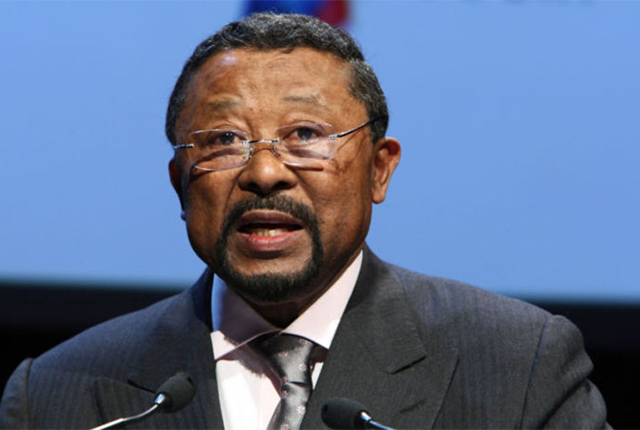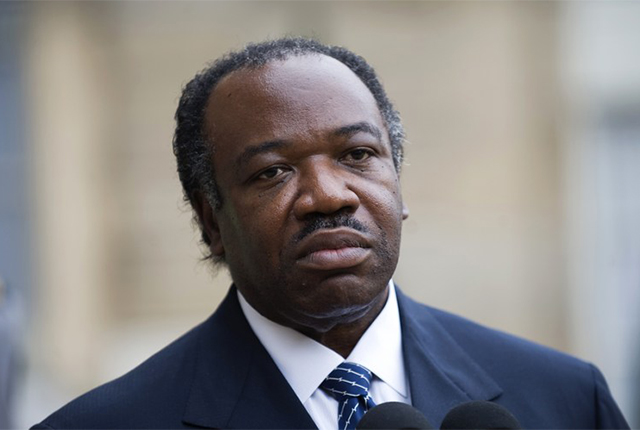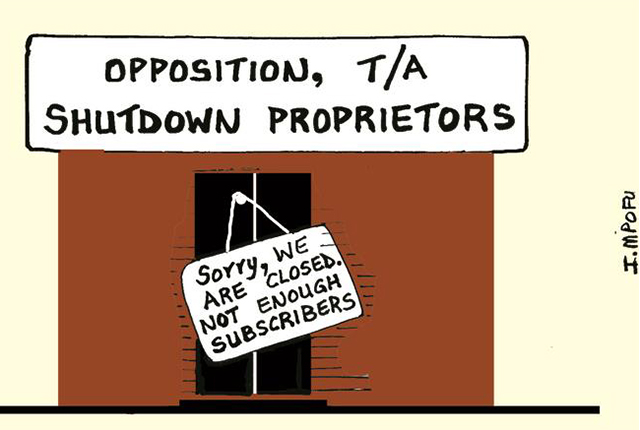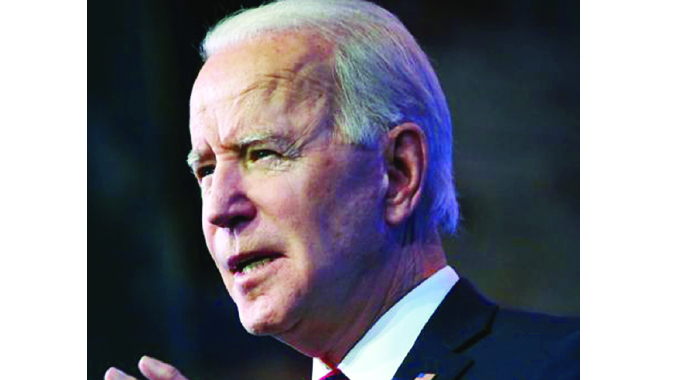1 000 arrested over Gabon disputed poll

LIBREVILLE/ADDIS ABABA — Gabon’s capital Libreville erupted into a second day of violent protests yesterday sparked by a disputed election, with at least three dead and hundreds arrested after the challenger rejected results that gave president Ali Bongo a narrow victory. Riots raged in at least nine Libreville neighbourhoods yesterday morning, two witnesses and a police source said.Interior minister Pacome Moubelet Boubeya said three people had been killed and up to 1 100 arrested across the West African country of 1, 8 million, one of the continent’s top oil producers.
Bongo said the electorate had given its verdict and described the camp of challenger Jean Ping — a former close ally of the Bongo family — as “a small group whose only aim is to take power for themselves.”
Ping, who dismissed Wednesday’s result as fraudulent, told Reuters in an interview that two people were killed and others wounded when the presidential guard attacked his party headquarters overnight.
He called for international assistance to protect the population against what he described as “a rogue state”.
Former colonial ruler France, the United States and the European Union urged calm late on Wednesday and called on authorities to release polling station results for greater transparency, while the United Nations also urged restraint.
The result extends for another seven years the Bongo family’s half-century grip on power in a country where oil accounts for about 60 percent GDP.
Bongo’s office accused the Ping camp of planning “co-ordinated attacks on symbols of the state”, adding that security forces had in response encircled Ping’s headquarters and clashed with his supporters, resulting in one death.
Libreville residents said that the Internet was cut yesterday. Social networks, including Twitter and Facebook, stopped functioning overnight. Earlier in the week, customs officials seized satellite telephones they said had been imported illegally.
French Foreign Minister Jean-Marc Ayrault said there was no room for violence within the political process. “I’m calling, therefore, all parties to exercise the utmost restraint to avoid additional victims.”
The office of French president François Hollande also called for calm, which “means a process to ensure transparency in the election results.”
“Everybody knows that I won the election,” Ping told Reuters, adding the electoral commission’s figures were fraudulent.
“The (Bongo) family are repeating the same scenario for almost half a century. The opposition can win the elections, but they have never had access to power.”
Bongo won 49,80 percent of votes in Saturday’s election against 48,23 percent for Ping, according to results read by Moubelet Boubeya on Wednesday, after the announcement was delayed by one day.
“This victory by such a tight score obliges . . . each of us to respect the verdict of the ballot box,” Bongo said in the text of a speech distributed to reporters late on Wednesday.
Bongo was elected in 2009 upon the death of his father Omar Bongo, who ruled Gabon for 42 years. He benefited from a patronage system lubricated by oil money ahead of the vote.
But economic headwinds caused by falling oil prices and crude production have led to budget cuts in one of Africa’s wealthiest nations, providing fuel for opposition charges that Gabon’s citizens have suffered under his rule.
The government says it plans to diversify the economy through investments in manganese mining and cash crops like palm oil and rubber.
Ping, a political insider who has served as foreign minister and African Union Commission chairman, was a close ally of the late president and fathered two children with his daughter.
An EU observer mission criticised a “lack of transparency” among institutions running the election and said Bongo had benefited from preferential access to money and the media.
Meanwhile, the Chairperson of the African Union (AU) Commission, Dr Nkosazana Dlamini-Zuma, is closely monitoring the situation in Gabon, following the proclamation of the preliminary results of the August 27 presidential election.
Dr Dlamini-Zuma has, however, expressed concern over the outbreak of violence in some parts of the country that has resulted in the loss of lives, injuries and destruction of property.
She condemned the escalation of violence that has the potential to undermine peace and stability in the country with adverse repercussions for the peace and security of the Central Africa region.
Dr Dlamini-Zuma called on all Gabonese stakeholders to demonstrate utmost restraint and use legally established channels to resolve all disputes pertaining to the result of the elections.
The Chairperson reaffirmed the AU’s continued support to the leaders and people of Gabon as they strive to consolidate democracy, stability and development in the country.
Angry protesters torched Gabon’s parliament on Wednesday after president Ali Bongo was declared winner of what he claimed was a “peaceful and transparent” election, but which the opposition said was fraudulent. — Reuters/AU Commission/HR.










Comments